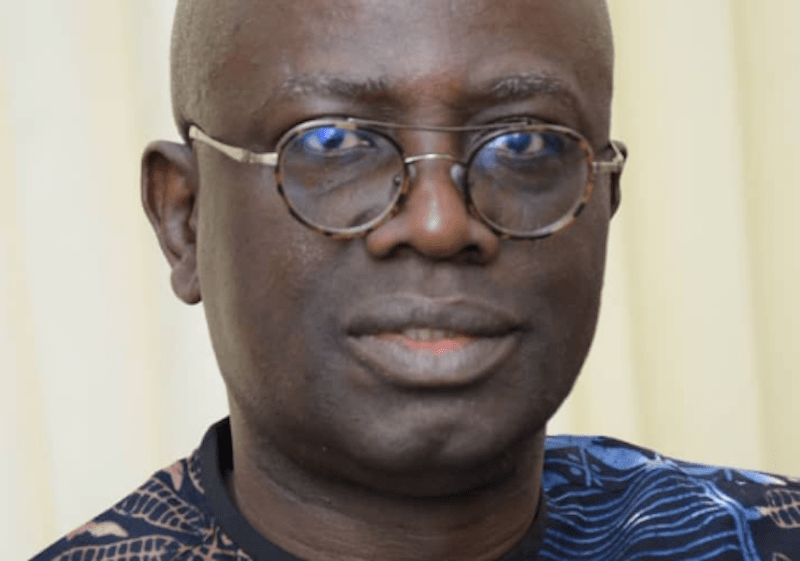ABIMBOLA ADELAKUN FROM PUNCH
Months ago, when the Independent National Electoral Commission announced its voter register listed a whopping 93.4 million potential voters, it was an exciting promise of how the elections would go. At the end of the day, the presidential election—which typically attracts more voters—ended up with an underwhelming figure. With all the raucous noise that the All Progressives Congress and the Peoples Democratic Party made about their “structure,” who would have thought that the eventual winner would not even have up to 10 per cent of registered voters and even less than five per cent of the estimated national population?
While the winner can be consoled that he won anyway, that figure is shameful. How democratic is the process of electing a leader representing only a margin of the population? If only such a tiny minority backs him, he is clearly unpopular and will lack the legitimacy he needs to function.
Following the last presidential election, post-election analysts have been turning the figures over to explain the voter turnout. As expected, they recite the same answers that boil down to how people have become jaded by a democracy that does not deliver on its promises. Truly, when you consider the serial decline in voter turnout every election season, they are probably correct that more people are no longer motivated to vote. In 1999, Nigeria had a 52.3 per cent turnout of voters for the presidential election. The figure peaked in 2003 with a 69 per cent voter turnout. Since then, it has been falling hard and fast like the quality of Nigerian livelihood. The February election saw only a paltry 29 per cent of registered voters. Far more people were recorded to have voted in 1999 under a shaky polity than 23 years later when we are a supposedly more stable society.
The inverse relationship between a ballooning voter register (and a growing population!) and shrinking election figures should make us pause and ask if Nigeria has a voter apathy problem. The most objective answer I can offer is that nobody really knows that for a fact.
The better question to ponder is whether the voter register is even credible. Every analysis I have read, so far, worked with the assumption that the existing data correlates to objective reality. But, what if it does not? Does INEC genuinely have that many people registered, or what they publish is merely the accretions of the names they collated while votes used to be recklessly padded? Their register likely includes people who have relocated locally or internationally and those who are probably dead. Do not be surprised if the register contains the names of those who were never even born but whose existence was cooked up by political engineers who needed to swell up the figure for rigging purposes. The difference between the voter register and the eventual voter turnout could be that the former is full of ghosts.
Before concluding we have a voter apathy problem, we will need to audit the voter register to determine if its contents have a reasonable relationship to reality. This is important for at least two reasons. One, the humungous sums regularly allocated towards election is based on the number of people that could potentially vote. If we are not as many, we might have just been deceiving ourselves and wasting money while at it. Two, beyond elections, we need a credible idea of figures for adequate planning. A country that cannot count—and account for—its own people will spend many years running yet arrive at the same spot.



Connect with us on our socials: